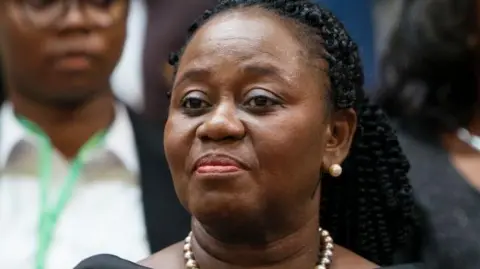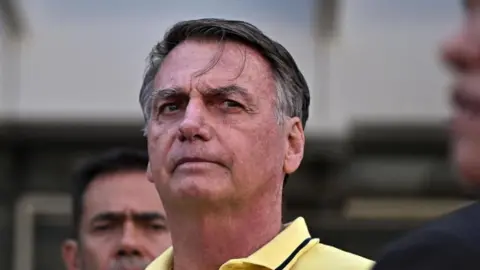The Philippine Supreme Court made a significant ruling on Friday, blocking an impeachment trial against Vice President Sara Duterte. This decision has been perceived as a victory for Duterte, as it alleviates immediate threats to her political career. The impeachment move, which originated from the lower house of the Philippine parliament in February, stemmed from accusations against Duterte of misusing public funds and issuing threats against President Ferdinand "Bongbong" Marcos Jr.
Court representatives informed the media that the impeachment vote contravened a constitutional provision prohibiting multiple impeachment proceedings within a single year. Nonetheless, the court did clarify that this ruling does not exonerate Duterte from the allegations she faces. Instead, it offers her a temporary reprieve from the possibility of being ousted from office, at least until February 2026.
This buffer allows Duterte additional time to consolidate political support as she considers a presidential bid ahead of the impending 2028 general elections. The landscape for an impeachment trial had been rendered increasingly uncertain even prior to this ruling, due to shifting political allegiances since the general election in May, wherein Duterte managed to secure more Senate seats than anticipated, countering potential pro-Marcos sentiments.
The Supreme Court, comprised predominantly of appointees from Sara Duterte’s father, indicates the intertwined nature of Philippine politics. The history of impeachment attempts in the country has been tumultuous; since the restoration of democracy in 1986, only one such case has concluded with a conviction — that of former Supreme Court Chief Justice Renato Corona in 2012 for concealing assets. Notably, the impeachment trial of former president Joseph Estrada in 2001 ended abruptly amidst public outrage, culminating in his removal from office.



















